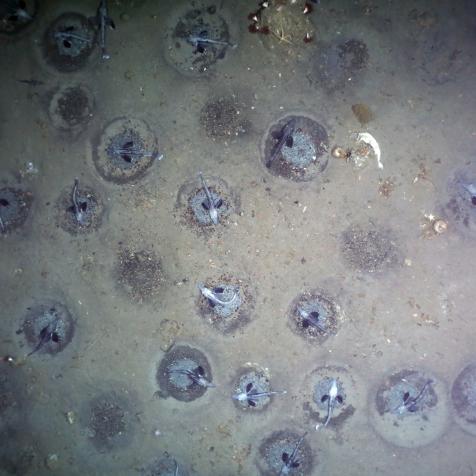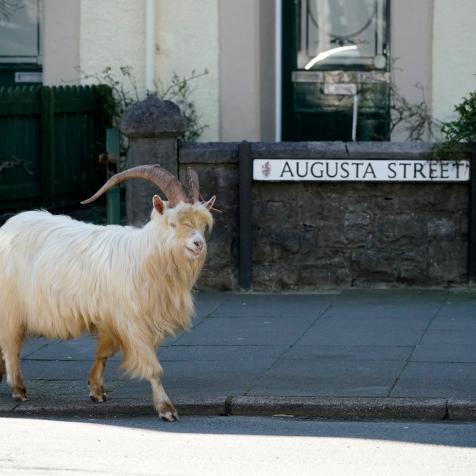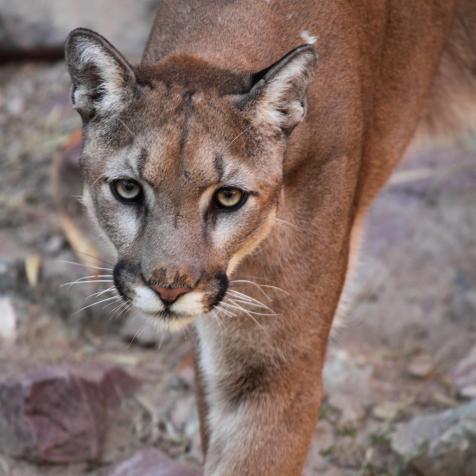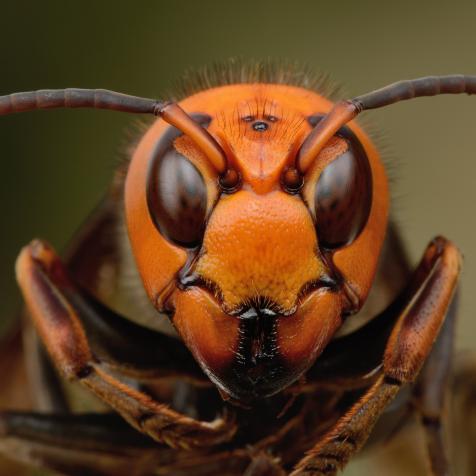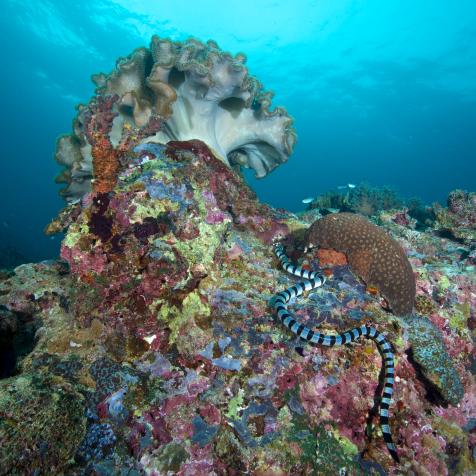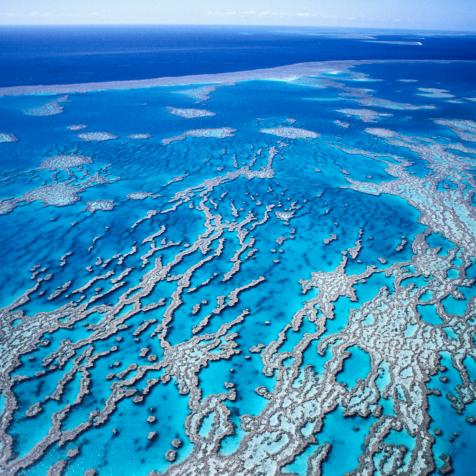
David Merron Photography
Scientists in Antarctica Get the Giggles from Penguin Waste
King penguin poop is causing some issues for scientists in Antarctica. This flightless bird's guano releases nitrous oxide, a gas that is known commonly as laughing gas.
What Goes In...
Penguins, like most living organisms on the planet, ingest food for energy, and once it's processed, it needs to make an escape. Known as guano in the scientific community, penguin poop releases a byproduct that makes scientists a little loopy.
A study done by scientists at the University of Copenhagen to get to the bottom of a greenhouse gas problem in Antarctica discovered that the guano collected and studied contained high levels of nitrous oxide.

Michael Kai
Bo Elberling, professor and lead researcher on this study discussed how the nitrous oxide affected the scientists on this project. "After nosing about in guano for several hours, one goes completely cuckoo. One begins to feel ill and get a headache."
Nitrous oxide is commonly mixed with oxygen and distributed in a controlled environment by dental professionals as a sedative, known as laughing gas. It is also used as a propellant for whipped cream or as a recreational drug. In large, unregulated quantities, nitrous oxide can be detrimental to one’s health.
Trapped Gas
Look, bird poop can be funny to talk about, but the real reason for the University of Copenhagen's study was to determine just how much the guano was contributing to greenhouse gas emissions in Antarctica.
Elberling explains, "While nitrous oxide emissions in this case are not enough to impact Earth’s overall energy budget, our findings contribute to new knowledge about how penguin colonies affect the environment around them, which is interesting because colonies are generally becoming more and more widespread."

Mike Hill
The study concluded, that the more penguins present, result in more guano, which ultimately means more gasses emitted. Understanding the sources of greenhouse gasses all over the world will help combat climate change. So some scientists had to get a little loopy, a small price to pay for the health of our planet!









